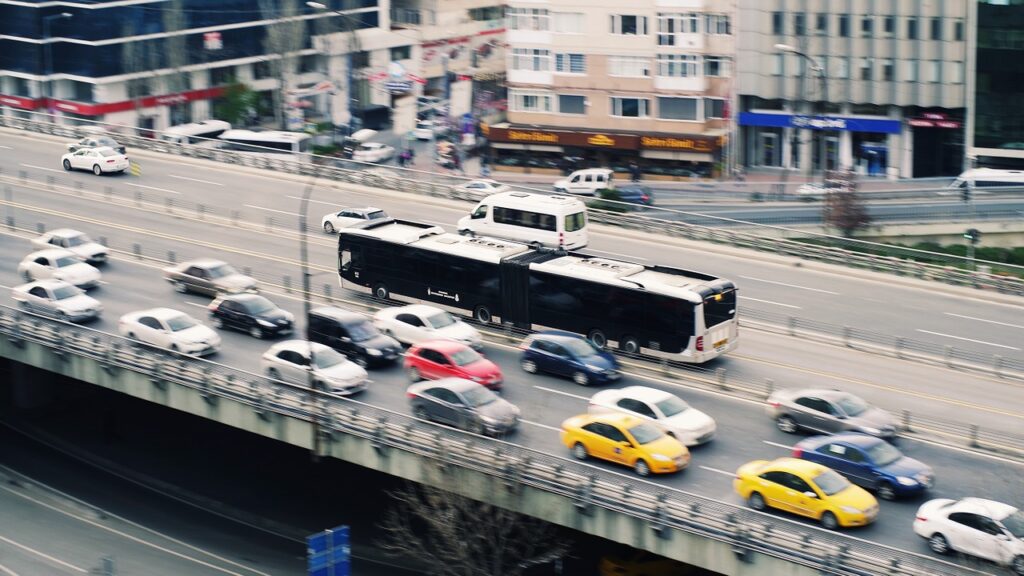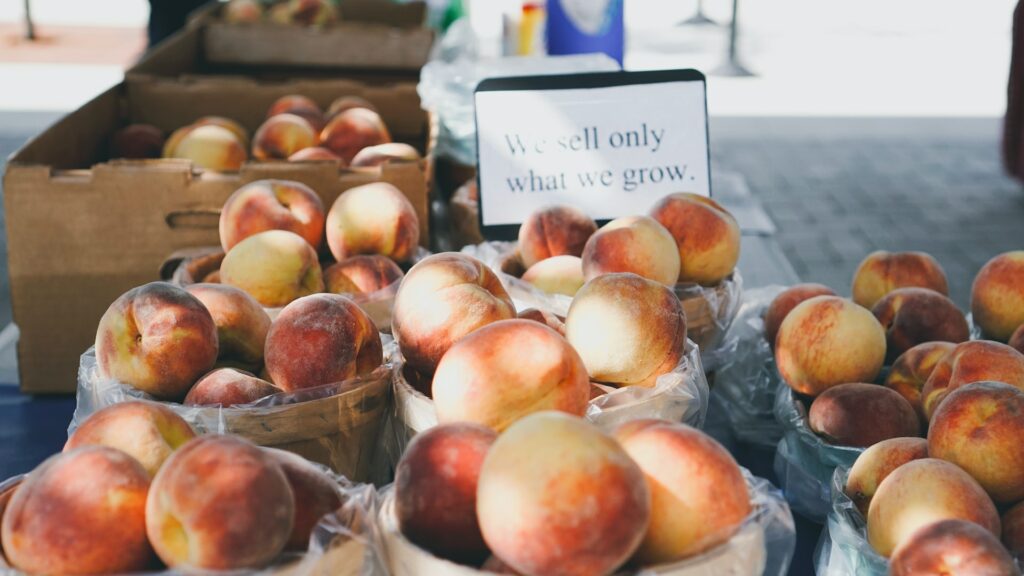New Year, new day – old problems.
The world is still in a state of chaos, with temperatures rising as we speak. We, as individuals, often feel like we are nothing but mere spectators of the plummeting Earth when, in fact, we are the ones who have the power to change its trajectory.
We can help make the world a better place. Actually, you can.
Wondering just how big of an impact just one person can have? A massive one! That is if you embrace eco-friendly habits into your everyday life.
So what can you do?
Smart Water Consumption
Although this may seem logical, it is crucial to emphasize again and again: turn the water off when you are not using it. And we mean every time. This means turning it off when you are brushing your teeth as well as applying soap while you shower.
And if you are one of those people who like to take long baths and showers, we recommend timing them to see just how much time you spend soaking in hot water as you daydream. We bet that the 7-day numbers will shock you.
In the kitchen, swap the old-fashioned hand-washing for a dishwasher. Especially modern-day ones are designed with an eco-friendly mode which spends far less water and energy (and not to mention that you’ll get more time to relax after a meal).
Economic Electricity Consumption
While we are on the subject, we urge you not to stop with a dishwasher. Turn on eco mode on all your appliances, including the refrigerator, air conditioner, water heater, and any other device which presents you with this option. Don’t be a skeptic – all modern devices are created to offer excellent performance, even if they are programmed to work economically.
When it comes to the washer and dryer, try not to use them unless you have a full load of laundry to wash. Once the washing machine is done, hang your clothes out to dry in the sun and fresh air instead of putting them in the dryer.
New Commuting Habits
Driving your own car to work gives you the freedom to organize your time easier. You might also think that it will take you to work faster than any of the alternatives.
That might not always be the case, especially in big cities. Traffic jams are unavoidable during the rush hours, which means you and thousands of others will be stuck in your car for prolonged periods, doing nothing but emitting harmful chemicals.

By choosing public transport, we could minimize the number of vehicles out in the street and still get to travel long distances in a relatively short amount of time. If there’s no metro, bus, or train station near your home, try carpooling!
And when the weather is nice, why not opt for a bicycle? We know, you’re afraid of getting to work tired and drenched in sweat. In that case, an electric scooter might be a better option. You’ll still introduce a green habit into your daily life and won’t have to worry about not having the stamina to get yourself across the town.
Reduced Waste and Toxic Materials
Try eliminating one-use items from your household to reduce the amount of waste. Check the labeling on all packages to see if the item in question is made from reusable materials, as well as if it is recyclable. Check everything – from water bottles and food packaging to clothes and furniture.
It is also important, for the environment and for your family’s sake, to check the chemical compound in the cleaning products you use. Make sure none of them is toxic or contains led and other materials known to have harmful effects on your health. As finding all-natural, hypoallergenic cleaning agents can be challenging, consider making them on your own.
All-Organic Produce

We left this one for the end since it represents the biggest commitment. Eating organic foods means you either have to grow them yourself (which is time-consuming) or you need to do a bit of research to find a local store or grower where you can get your supplies.
Say no to processed and pre-packed food and switch to all home-made, naturally grown.
And stop buying more than you actually need. Think about how many times you’ve thrown away food just because you cooked too much, or how often something went bad in the refrigerator just because you didn’t really need it and it eventually passed its expiration date.
Parting words
We know, living green may seem like a lot of work right now, as you are required to think about every single step and action you take throughout the day. But already in a few days, you will start doing most of them subconsciously. In a few months, you won’t even have to think – eco-friendly habits will become muscle memory.
If it still feels a bit hard, start one habit at a time. Remember: doing something is still better than nothing!




